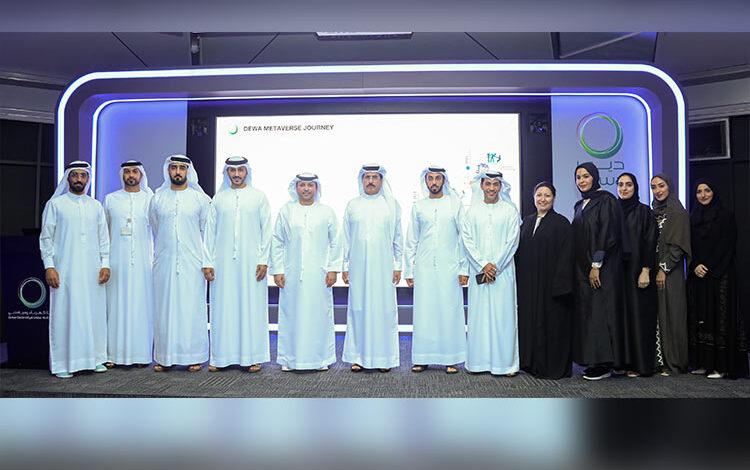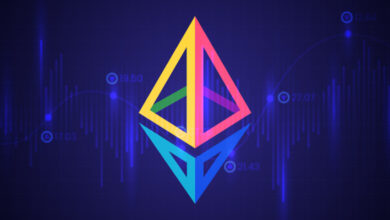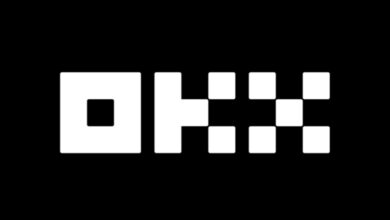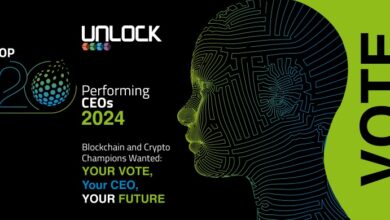
Dubai Electricity and Water Authority (DEWA) has launched its ‘DEWAVerse’ platform on the Metaverse and became the 1st local government organization to launch its platform on the Metaverse to provide its services to customers, employees, and members of the society.
DEWA invests in Metaverse technology to implement and develop its current and future projects, which contributes towards stakeholder happiness, the development of business, enhancing efficiency and production, and reducing costs.
This was announced during DEWA’s Digital Transformation Steering Committee Meeting, where McKinsey also attended and presented the Digital Quotient Assessment 2022 report, highlighting that DEWA has maintained its position as a global digital leader in utilities.
Saeed Mohammed Al Tayer, MD & CEO of DEWA, said, “At DEWA, we strive to enhance our use of the Fourth Industrial Revolution technologies, including the Metaverse, which is a key pillar and a new method of work in all vital sectors, to harness this technology to find new opportunities and provide innovative solutions that accelerate growth to enhance Dubai’s position regionally and globally.”
During the meeting, seven projects using Metaverse technology were reviewed. These include the Customer Service Centre, the 1st of its kind locally, which enables customers to communicate with the Customer Care Center agents to answer their inquiries and complete transactions in the virtual world. DEWA Workplace enables users to move around the DEWA buildings and hold meetings in the virtual world. DEWA Future Lab enables users to hold brainstorming sessions, discuss challenges and develop the best solutions using innovation tools in the virtual world. The First Aid and Fire Safety introduces first aid and fire safety procedures virtually. MetaDrone gathers information on solar panels, fix them, and generate reports using VR. DEWA Onboarding allows new employees to learn about DEWA vision and mission virtually.
DEWA was one of the first government entities in Dubai to complete the smart transformation of all its services by 100 percent in 2014. DEWA’s key milestones in its journey include adopting Google Glasses in 2014, which constituted a new shift in the quality of services provided. The app was specifically designed to suit the needs of DEWA to monitor any malfunctions at its stations.
In 2016, DEWA adopted the HoloLens Technology from Microsoft, to enhance its operations and improve productivity. DEWA was the first government organization to adopt this technology in electricity and water services. DEWA also started using the Smart Helmet & Smart Glasses (DAQRI) in 2017, which works with virtual reality technology to support engineers in power plants.





